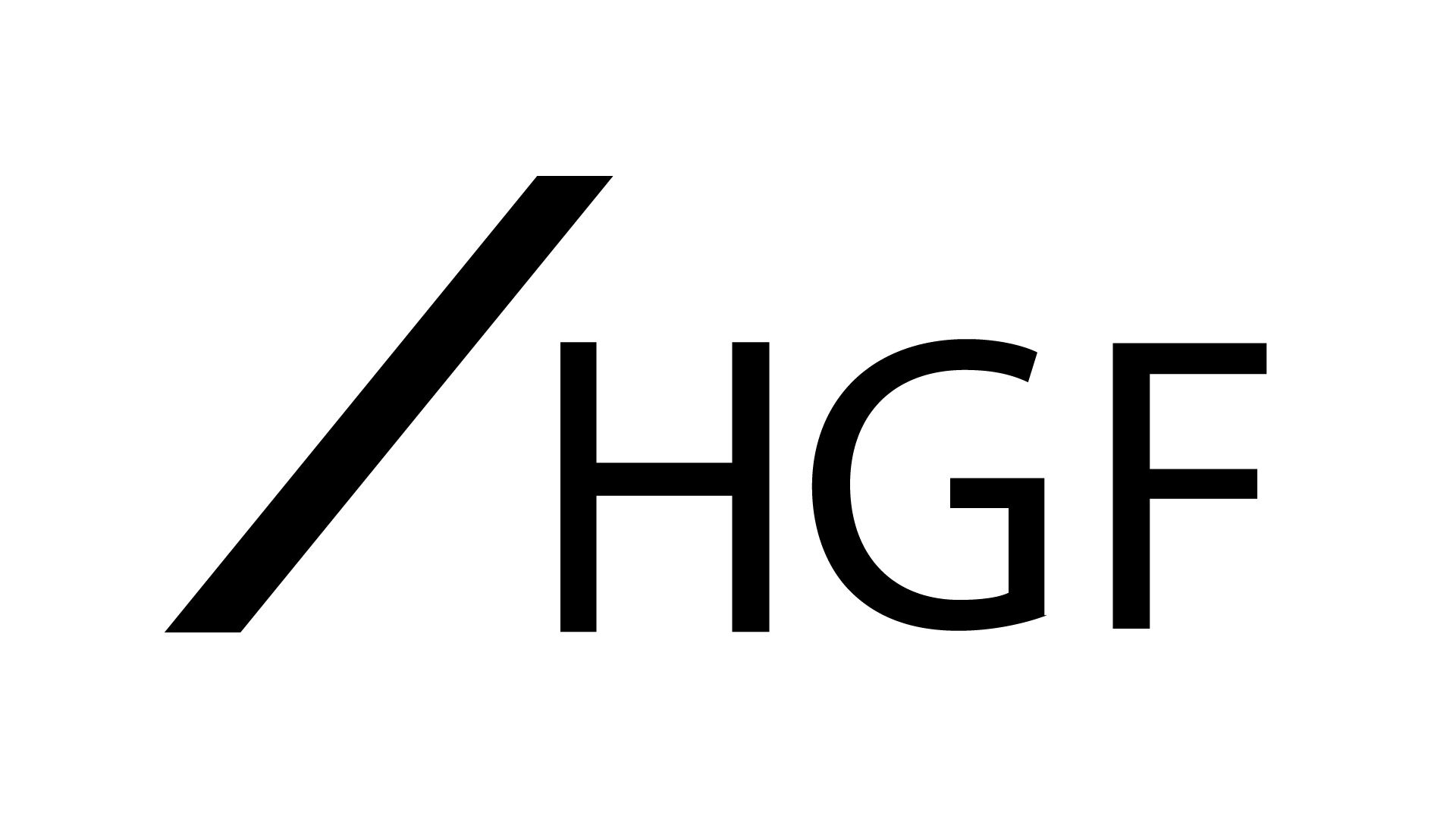News
Why should I register the Trade Mark(s) of my business? – 6 Top Tips
May 2023
A trade mark is anything that identifies the origin of goods or services writes Rebecca Field, Partner & Trade Mark Attorney (pictured above). This includes the name of the product, packaging, and logo, and can even include sounds. Famous examples of trade marks include the brand name Heinz, McDonalds and the Kit Kat slogan ‘Have a Break. Have a Kit Kat’.
Tip One: Think of a trade mark as a legally enforceable right
If a third party uses your trade mark or something similar to your trade mark, consumers could think that the origin of the third party’s goods or services are your business. As such, third parties could benefit from or harm your business’s reputation. A trade mark registration helps you secure the right to use your trade mark in relation to your products and importantly helps you stop others using your trade mark. Coca-Cola and Apple are examples of companies that have used their registrations to counter third party infringement and as a result, have preserved their brand and reputation.
Tip Two: Think of trade mark registration as a step-up from unregistered trade mark protection
You may have heard that, in many countries including the UK, trade marks can be protected without registration via use and common law. However, not all countries provide this protection. For example in many parts of continental Europe there is no such thing as common law. Trade mark rights are principally protected via registration and the first registrant gets the rights. Therefore, if you sold internationally, registration would be your only form of trade mark protection. Additionally, even where this protection is provided, proving ownership of common law rights is not always clear cut.
Tip Three: Think of trade mark registration like an insurance policy
Although it costs money to register a trade mark, registration acts similarly to an insurance policy, as the money spent limits risk. If you ever had to prove ownership of your trade mark, for example, providing a registration certificate would be simple. However, failure to register a trade mark, means that proving ownership could be complicated.
Tip Four: Think of a trade mark separately to a domain name
It is easy to think that registering your domain name first, means that you own this domain. However, a domain name registration as such gives you no IP rights to the domain. Therefore, in order to truly secure your domain, it is important to register its wording as a trade mark, where you can.
Tip Five: Think of a trade mark separately to a company name
It is also easy to think that registering your company name at Companies House means that you own that name and will continue to do so without issue. However, a company name registration again gives you no rights to that name from an intellectual property law perspective. In the UK trade mark rights are established via trading (use) of the brand or company name and registering it as a trade mark.
Tip Six: Think of trade mark registration as part of your business strategy
A trade mark is essentially part of your business strategy. For example, if you are ever thinking of expanding your business outside of the UK, you may also want to consider trade mark registration in the countries where you would like to expand. This would allow you to reserve use of your trade mark within those countries.
A trade mark is a valuable business asset – it is a property right. Trade Marks can be bought and sold. A trade mark registration can also be licenced to third parties.
For more information:
This article was written by Rebecca Field for The Business Magazine. Read the original article here.
































